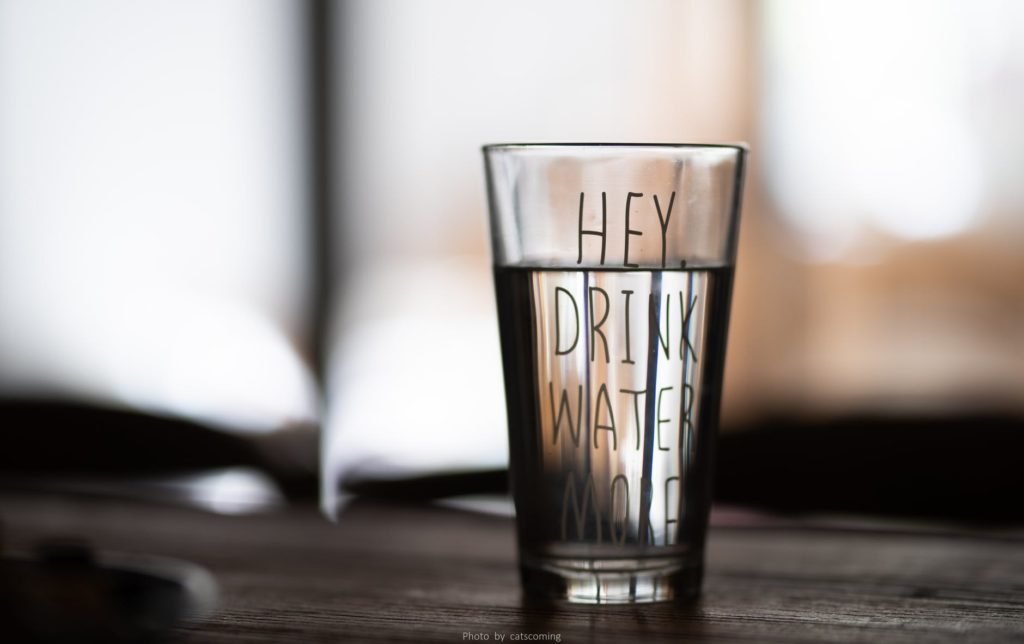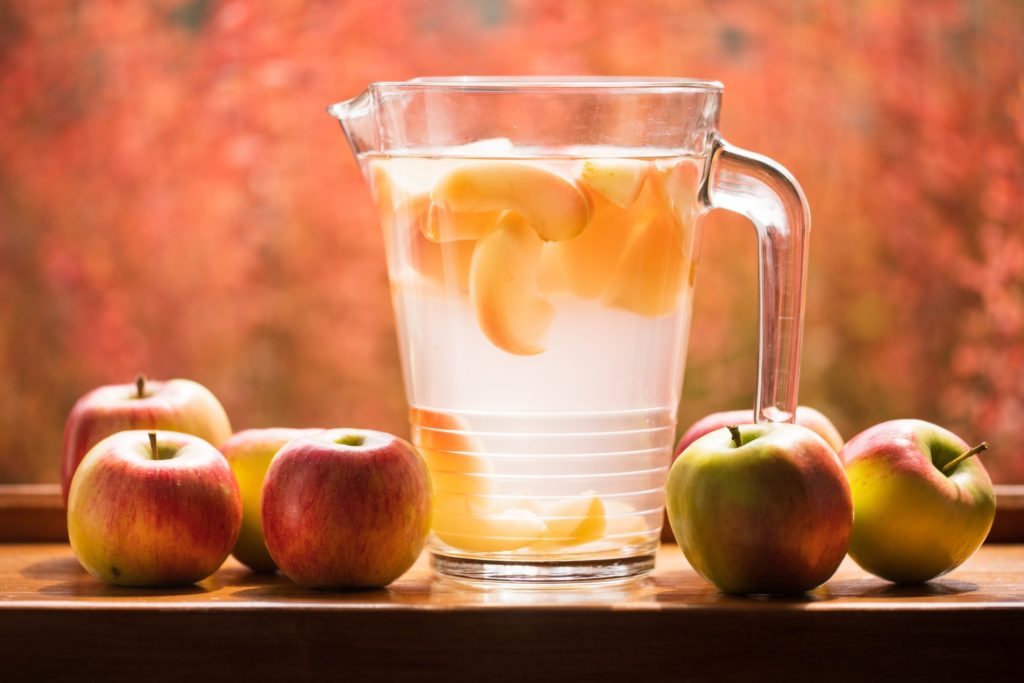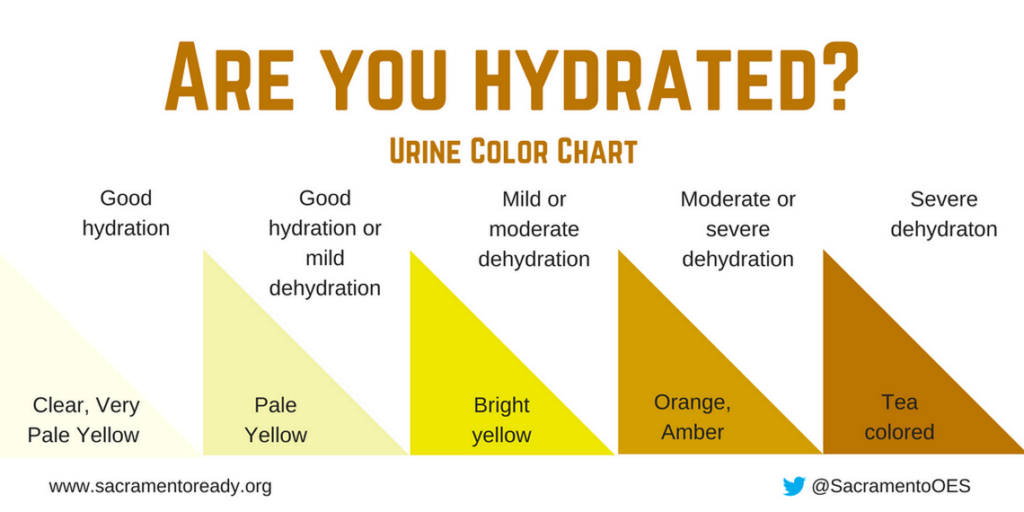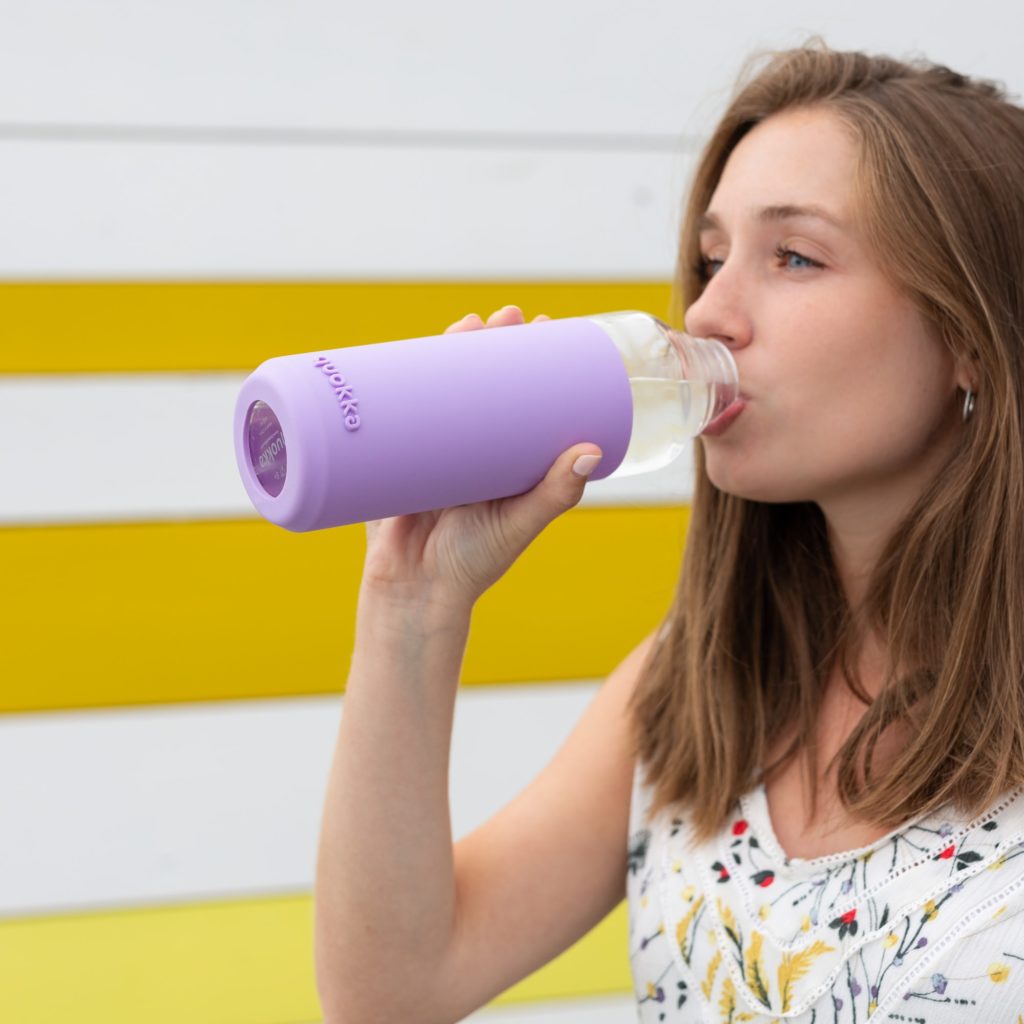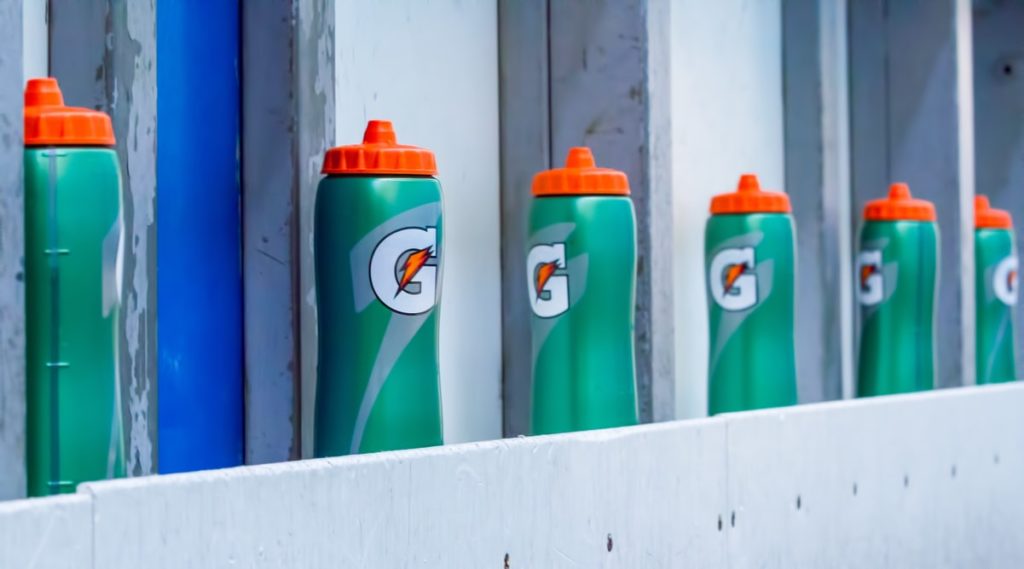As funny as it may be to think, we are all just watery creatures living our lives on a watery planet. Nearly all living things are made of roughly 70% water—even humans. With this knowledge, it only makes sense that our hydration levels are tied to our physiological functions and performance.
To put it simply, we need to drink water to keep ourselves in tip-top shape. In this article, we’ll go over the benefits of proper hydration, how much water science says you need to drink, and what happens if you don’t drink enough water.
-
Hydration and Performance
In any setting, right amount of water intake is essential in bringing out your best performance. It may be pretty dramatic to say, but your hydration level impacts nearly all the systems in your body.
In athletes, water loss equal to 2% of the body weight is enough to have significant, observable damage to physical performance.1 It’s not just that. As the body gets dehydrated, it’s not just the physical body that becomes sluggish, but the mind as well.2 The unfortunate combination of physical and mental lag is a recipe for injury.
This is why we need proper hydration. Aside from physical and mental response times, water maintains blood volume and controls blood pressure. It’s also responsible for the regulation of heat, which is vital in exercise.
Exercise raises the body’s core heat, and the circulatory system brings that heat up to the surface to be dissipated by sweat. Without proper hydration to control body temperature, an athlete is likely to overheat and drop out of a game sooner than they’d like to. Without the thermoregulatory function of water, athletes are more likely to suffer from heatstroke, heat exhaustion, and cramps.3
-
How much water do you need to drink?
You likely have heard of the 8×8 rule, which says that we must drink eight ounces (around 237 millilitres) of water eight times a day to be properly hydrated. It’s an easy, straightforward rule to hydration, but how accurate is it?
Photo by Cats Coming
Not that accurate, as it turns out. While it is a handy little slogan to remind people to drink water, there is no scientific evidence supporting this rule.4 That doesn’t mean it’s not helpful. Drinking eight glasses of eight ounces (237 mL) of water will total to roughly 1.90 L of water a day. It’s a good baseline for getting at least some amount of water in your system.
The body’s need for water intake depends on how much water it loses, and water loss can be highly variable in people. It’s not just urine, tears and sweat. (Or sensible water loss.) We also lose water through insensible water loss (i.e., respiration and skin evaporation).5 Physically active people in warmer climates lose a lot more water than sedentary people in cold countries.
If you look into many references on the internet from various authoritative scientific sources, there is no single value for plain water intake that applies across global populations. Any value you find is roughly estimated at best. Even the World Health Organization and Center for Disease Control and Prevention have had trouble determining how much intake to recommend.6,7
-
What kind of water should you drink?
Is tap water safe to drink? Well, it depends on location. Is tap water safe to drink in Australia? Yes, absolutely.8 You can drink tap water or opt for bottled water according to your preference to taste.
Photo by Jacek Dylag
What’s the best drink for dehydration besides water? You’ve still got a lot of options if you prefer drinks with a bit more pizazz. Sparkling water, flavor-infused water, and plain coffee and tea are good options. So are milk, milk alternatives such as soy and almond, and fruit and vegetable juices.9
-
How will you know if you’re drinking enough water?
Fortunately for us, we come with an inbuilt hydration sensor. Thirst is the regulatory mechanism responsible for maintaining the body’s fluid balance. When we lose water, the blood becomes concentrated with solutes. An area of the brain (specifically, the hypothalamus) detects this change and increases thirst to stimulate water-seeking behavior.10 So when you get thirsty during training, make sure to get at least a few sips in on your break.
As long as you listen to your body and drink water when your body signals you to, you should be adequately hydrated. Another method to see how well-hydrated you are is to look at the colour of your urine. Take this chart below as a handy little reference guide.
Photo grabbed from The Sacramento Bee
The Institute of Medicine recommends at least 2.2 liters for women and three liters for men.11 If you have some trouble reading your body’s cues for water, or if you just want to be more hydrated in general, then these are decent amounts of intake to aim for.
-
What happens if you don’t drink enough water?
They say that people can survive without water for roughly three days. However, several factors affect this measurement. Aside from sensible and insensible water loss, every human body is variable in how it uses water and how much water it needs.
So, what happens if you don’t drink enough water? Since the body is 70% water, it only makes sense that dehydration affects the entirety of the body and its systems. The most overt symptoms of dehydration are thirst, a dry mouth, sunken eyes, and decreased skin elasticity.12
With the loss of hydration comes decreased blood volume. The blood thickens and becomes more concentrated, and through a series of hormonal mechanisms results in increased blood pressure. People who are chronically dehydrated develop hypertension and consequent kidney problems as they age because of this.13
-
Can anyone die due to dehydration?
Yes, severe dehydration can cause death. In extreme cases of dehydration, the blood volume drops lethally. The failing circulatory system fails to deliver nutrients to the organs. The unfortunate result is circulatory shock and death.
We know that anything too extreme is terrible for our health, but what about the other extreme end of hydration? Well, read on.
-
Can you drink too much water?
Some people drink water to lose weight. And well, there’s nothing to lose (and so much to gain!) in drinking water. Studies have shown links between better hydration and more weight loss.14 That said, here’s something to think about: can you drink too much water?
Photo by quokkabottles
And the answer is: yes, you can. Overhydration dilutes the blood and results in a condition called hyponatremia. This condition has symptoms such as nausea, vomiting, confusion, headache, and extreme cases, cramps, seizures, and coma.
However, it’s doesn’t usually happen to healthy people with normally functioning kidneys. And even in those cases, it just doesn’t happen normally. Too much water intake happens in patients with medical problems in water regulation. They may have an abnormally high tendency of keeping water, or their kidneys can’t eliminate it as it should.
In healthy adults, hyponatremia can occur as a result of prolonged exercise. We lose electrolytes when we sweat. The effects of losing electrolytes, under normal conditions, are pretty hard to notice. However, things are different in extreme conditions. For example, in the case of marathoners, the electrolyte loss can be so great that any water intake may result in over-dilution of the blood. This over-dilution is medically referred to as Exercise-Associated Hyponatremia (EAH).15 It explains why the best way to hydrate during prolonged exercise is with electrolyte-rich drinks such as sports drinks and electrolyte water.
Even in athletes, over-hydration is a very rare incidence. The benefits of adequate hydration far, far outweighs the risk, so don’t skimp on water and drink as much as you can to keep your body healthy.
-
When is it time to choose sports drinks?
Photo grabbed from John McArthur
Have you ever thought about why we burn calories? It’s because when glucose is broken down to a form of energy we can use, it generates heat. The amount of heat increases a lot during exercise due to increased energy demand. The body’s core heat rises, blood systems brings heat to the surface, and we sweat to dissipate that heat. Through sweat, we lose water and electrolytes, which are vital for optimal functioning.
When working out, in that case, it may be better to get sports drinks rather than just water. Sports drinks contain carbs, water, and electrolytes in varying levels. They come in these categories:
- Hypotonic drinks serve to rapidly replenish fluid loss. With electrolyte concentrations lower than that of the body, the digestive tract easily absorbs it. Hypotonic drinks are perfect for athletes who need to top up their body fluids without the carb boost, such as bodybuilders.
- Isotonic drinks replenish fluid loss somewhat quickly while providing a modest carb boost. This type of sports drink is the most common choice for most athletes. Long-distance runners and those who join team sports are a few examples. Isotonic means that this type of sports drinks has similar electrolyte concentrations as that of the body.
- Hypertonic drinks have higher electrolyte concentrations than the body does. They’re not suitable for exercise. Instead, they can be helpful after a workout to add to carb intake and replenish glycogen stores.
Each type of sports drink is digested and absorbed at varying rates. You can learn more about them here.


